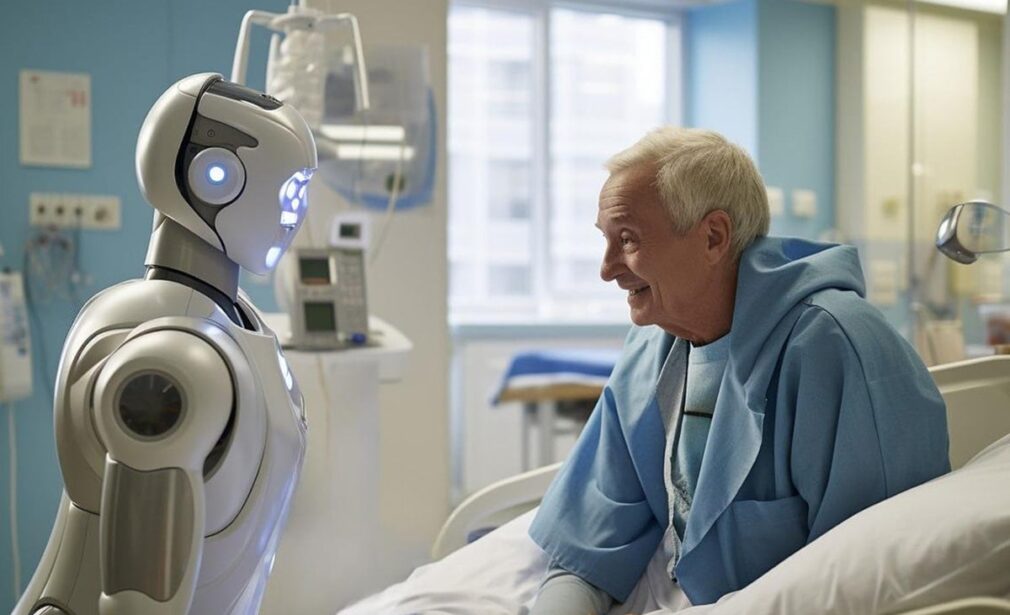Egg freezing is a method used to preserve reproductive potential in women. It involves collecting mature eggs, also known as oocytes, from the ovaries and freezing and storing them under laboratory conditions. Egg freezing is an effective solution for problems that may arise from decreasing egg reserves with advancing age. Frozen eggs can also be thawed and used in in vitro fertilization treatment.
You can find detailed information about egg freezing in the rest of our article. You can contact our clinic for egg freezing and make an appointment with .
What is Egg Freezing?
All women are born with a certain number of egg reserves. Egg reserves in women gradually decrease with age. In some cases, due to genetics and other factors, egg reserves may decrease in young women. Although the exact cause of the decrease is not clear, cancer treatments and ovarian surgeries accelerate this decrease. Egg freezing allows the collection and storage of mature eggs. In this way, the aim is to preserve reproductive potential.
In women, there are follicles inside the ovaries that contain egg cells. During the ovulation process, the follicles mature, crack, and release the egg. This mature egg is called an oocyte. The oocytes are collected and frozen in a laboratory environment using the vitrification method. In this way, the eggs are stored for later use when desired, and their reproductive potential is preserved.
How to Freeze Eggs?
Egg freezing is a process that takes an average of 15 days in total. The treatment, which starts on the 2nd or 3rd day of the menstrual period, requires the ovaries to be stimulated with hormones. The hormone drugs given to the patient ensure that more eggs are produced than normal. During this process, it is important to monitor the patient’s hormone levels. During the process, which continues with control examinations, the drug doses are adjusted depending on the patient’s hormone levels.
When the follicles reach the desired size, the egg collection process is performed. First, the patient is given an injection called a trigger needle. 36 hours after the injection, the egg collection process begins. During this process, an ultrasound probe is placed in the vagina to allow for ultrasound imaging. This allows the follicles to be detected. The detected follicles are collected with the help of a needle placed in the vagina. There is a vacuum device at the end of the needle that is used to remove the follicle.
In single patients, egg collection is performed from the abdomen without damaging the hymen, using a method we developed and defined for the first time in the world.
Egg collection is usually performed under general anesthesia. The procedure is completed painlessly under sedation once the patient is asleep. The egg collection procedure takes an average of 15 minutes, although it varies from patient to patient.
These collected eggs are frozen using special techniques in a laboratory environment. During the egg freezing process, the freezing process is performed without the formation of water crystals with the vitrification technique, also known as rapid freezing or vitrification. These frozen eggs are stored in liquid nitrogen tanks at -196 degrees. In the future, if the patient wants to get pregnant, the eggs are thawed and put into use.
Frozen eggs are either stored or destroyed after receiving written approval from the egg owner each year. Eggs can be stored for 5 years by law. If the patient wishes to continue storing their eggs after 5 years, the storage period can be extended by obtaining the necessary ministry permission.
You can contact our clinic for egg freezing and all other gynecology and obstetrics practices and make an appointment.
What Should Be Considered After Egg Collection?
After the egg collection procedure, the patient is usually discharged from the hospital within 1-2 hours. After the procedure, patients can return to their daily lives. However, after the egg freezing procedure, mild cramps may be felt due to the intervention made on the ovaries. A feeling of fullness and pressure may be experienced in the groin.
Who Can Have Egg Freezing?
In our country, egg freezing was previously only permitted for patients who were undergoing a serious surgical procedure or cancer treatment. However, with the changes made in the laws, the Ministry of Health now allows egg freezing for women who are determined to have low egg reserve and are at risk of early menopause. In this way, all women with low egg reserve, both married and single, have the chance to have children at a later age by freezing their eggs. In order for egg freezing to be performed, the patient must receive a report from a health board consisting of three specialist physicians. With the latest legal regulations;
- Before cancer treatments that are harmful to egg cells, such as chemotherapy and radiotherapy,
- Before surgical operations that will result in loss of reproductive function, such as removal of the ovaries or tubes,
- In women who are genetically prone to early menopause or have a family history of early menopause,
- Ovarian freezing can be performed on women who have low ovarian reserve and have not yet become pregnant.
Egg Freezing Prices
Egg freezing procedure prices may vary from clinic to clinic. For detailed information about egg freezing prices, you can contact our clinic and make an appointment with .

